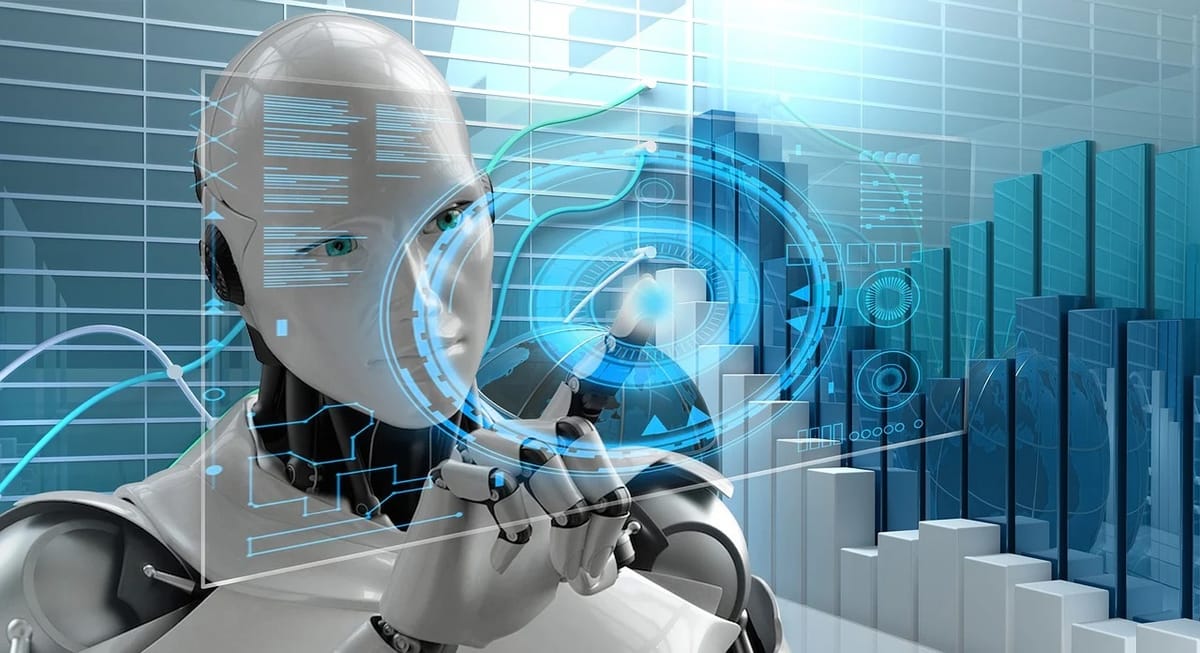Artificial Intelligence Aims to Enhance Human Capabilities, But Only With Caution and Safeguards
January 14, 2021 – Artificial intelligence will continue to gradually revolutionize productivity and functionality as long as policy concerns are addressed, said three separate panel of experts on Tuesday at CES 2021. Various AI technologies will contribute $16 trillion to the economy by 2030. Bette

January 14, 2021 – Artificial intelligence will continue to gradually revolutionize productivity and functionality as long as policy concerns are addressed, said three separate panel of experts on Tuesday at CES 2021.
Various AI technologies will contribute $16 trillion to the economy by 2030. Better machines, better software, and an explosion of applications affecting everyday lives will continue. AI has enhanced productivity, improved safety, and made the world more accessible.
As AI does not replace but enhances human work, it presents an enormous set of curated data that must be entrusted with established guidelines and transparency.
IBM Vice President Bridget Karlin raised a concern involving ethics, and not building bias. Depending on companies’ purposes for using AI, models can be ethical when they are engineered to be fair and properly calibrated.

It is incumbent upon software developers to identify the requirements for ethical and non-biased data collection, she said.
What about AI’s involvement in creating and spreading fake news? Kevin Guo, CEO of Hive, said this is a service still in process.
It is essential for AI engineers to research and implement data fairness and remove bias.
Impacts of AI on health care
On health care, participants in a separate panel said AI leads to improved outcomes and lower costs. But to Christina Silcox, a digital health policy fellow, the question is: How can people trust something that can’t be seen or understood?
Understanding how technologies are created helps, said Jesse Ehrenfeld from the Board of Trustees of American Medical Association. But he acknowledged that all data is in some way biased. He said he can’t tell the number of times data flows have generated different meanings than expected.
Christina Silcox said that it was critical to understand how software will work overtime after being put into place.

Indeed, communication and transparency are key for trust and growth of AI, said Senior Regulatory Specialist Pat Baird. Depending on who the stakeholders are, there will need customization of such communication.
Trustworthy AI will re-humanize health care, letting computers do what they were built to be done, and allow the health care workers to work with people, he said.
What about gender and racial bias?
Another panel during 2021 CES discussed gender and racial bias in a business setting – and how AI can contribute show and reflect equal representation.
Annie Jean-Baptiste of Google said that humble inclusion fills innovation. Kimberly Sterling of ResMed declared that people are not going anywhere, and that AI will not replace people’s brains.

All three panel discussions pondered the future of AI. Most agreed that AI exists to supplement human ambition, enabling everyday businesses to become smarter, adjust to new inputs and perform human-like-tasks.
For richer data sets, one of the solutions that panelists proposed to break out the “black box” of AI, make sure to assemble those capabilities and understand the sources of the data, to go back and test the models, and to be able to look holistically at outcomes.








Member discussion